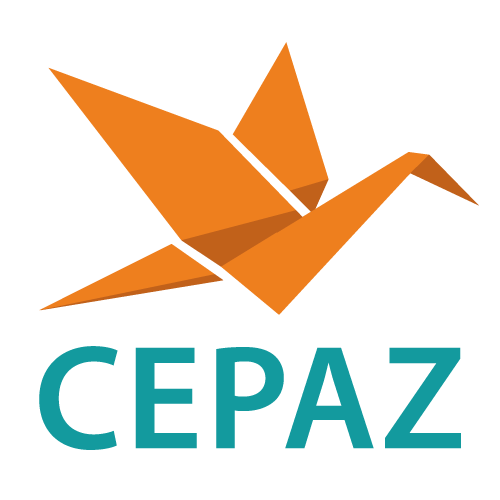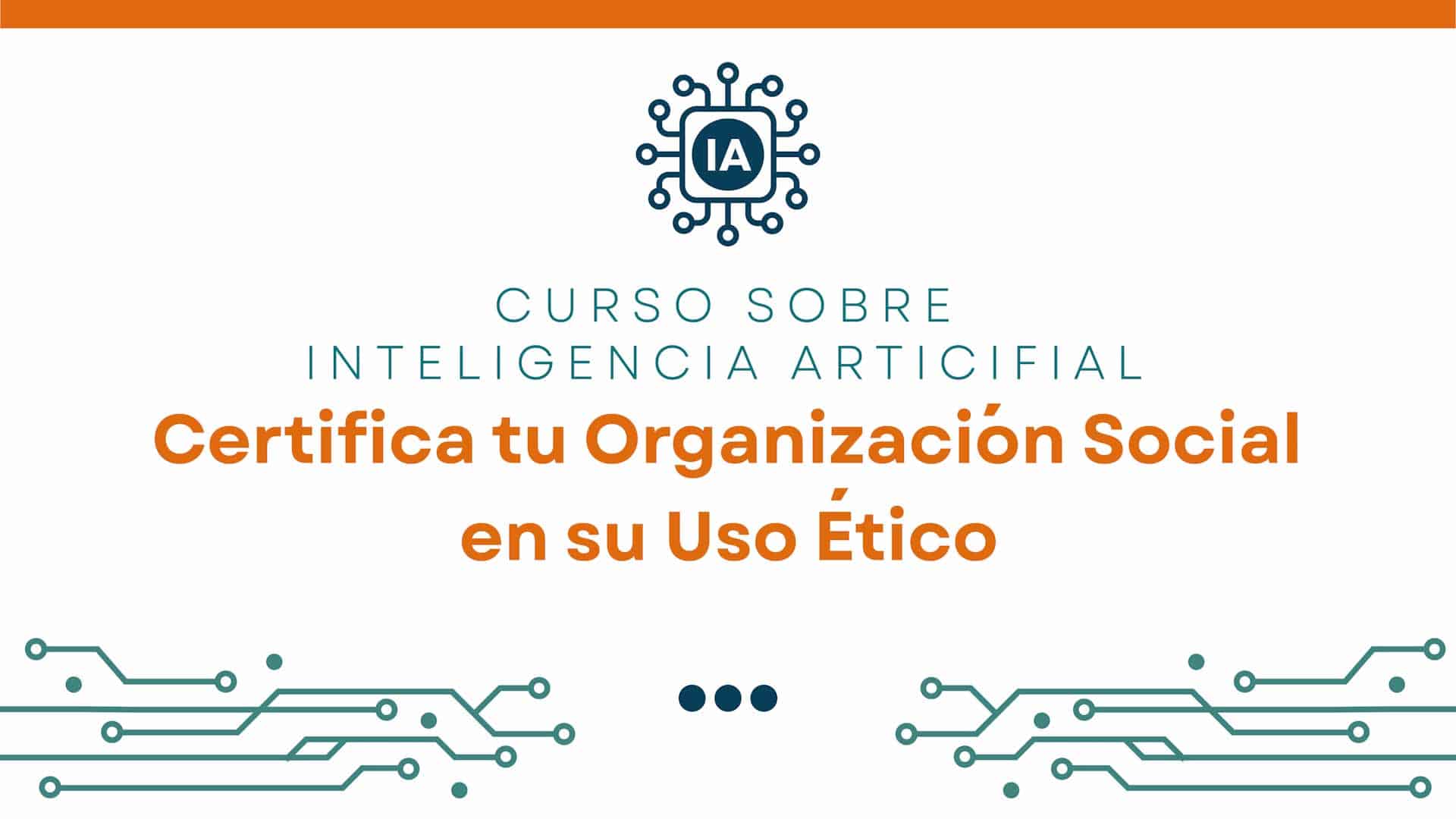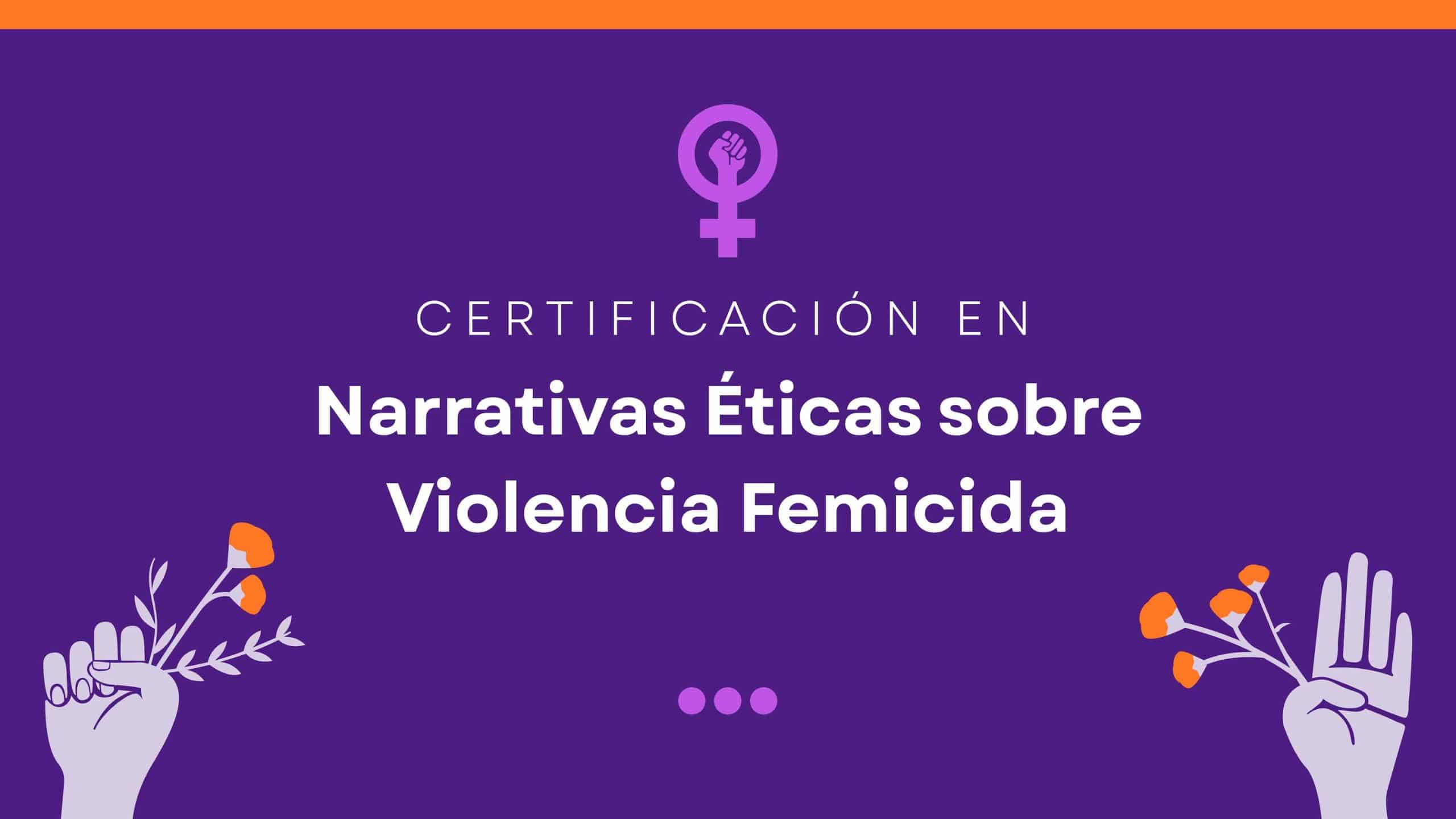Las ONG que suscribimos la presente comunicación reconocemos que el derecho internacional permite el uso de poderes de emergencia a los Estados para enfrentar situaciones graves como la actual epidemia de COVID-19. Siendo nuestro deseo que las autoridades venezolanas tomen las mejores decisiones posibles para enfrentar la propagación de la enfermedad, reiteramos que los derechos humanos deben ser, desde el principio, parte esencial de todas las iniciativas de prevención, preparación, contención y tratamiento del COVID-19. El respeto a la dignidad humana es esencial en todas las etapas de la crisis.
En ese sentido, queremos insistir en los siguientes aspectos:
1) Todas las autoridades y sectores de la sociedad deben enfrentar la epidemia colocando en primer lugar la salud y bienestar de la población, uniendo esfuerzos para colaborar en todas las iniciativas de prevención, preparación, contención y tratamiento del COVID-19.
2) Se debe garantizar el trabajo de los actores humanitarios y los defensores de derechos humanos. El Estado tiene la obligación de solicitar toda la asistencia nacional e internacional necesaria para atender las necesidades de las personas que pudieran ser afectadas, y que el trabajo de estos actores humanitarios y de derechos humanos pueda realizarse sin restricciones y represalias.
3) La actuación de la Fuerza Armada Nacional Bolivariana y policías debe respetar derechos humanos, evitando arbitrariedades, y subordinarse al liderazgo de las autoridades civiles, priorizando las tomas de decisiones según criterios técnicos, científicos y sanitarios. Debe prohibirse las actuaciones de grupos de civiles armados en labores de orden público y debe establecerse una vocería coordinada, encabezada por las autoridades sanitarias, que evite los mensajes confusos para garantizar mejor orientación y mayor confianza en la población.
4) La implementación de la cuarentena debe informar suficientemente sobre su alcance, protocolos de movilización para el acceso a alimentos y atención médica, garantizando el mayor disfrute posible de los servicios básicos como el acceso a agua y energía eléctrica. Además, debe incorporar políticas para garantizar los medios de vida de la toda la población, con especial foco en los sectores más vulnerables, como los trabajadores informales y por cuenta propia, adultos mayores y personas en situación de pobreza, personas privadas de libertad, personas en situación de calle, que no cuentan con recursos acumulados para permanecer en aislamiento durante un largo período de tiempo. Los beneficios de estas medidas deben ser distribuidos a través de mecanismos no discriminatorios. Una cuarentena, según el derecho internacional, debe ser de duración limitada, ser revisada periódicamente e implementada de manera segura y respetuosa para disminuir los riesgos en el pleno disfrute de los derechos humanos.
5) El acceso a la información es un aspecto clave de las garantías del derecho a la salud de la población. La difusión de información debe hacerse de manera responsable, evitando alarmas innecesarias en la población y debe garantizarse que el trabajo de los medios de comunicación pueda realizarse sin restricciones adicionales al de las condiciones que eviten el contagio de sus trabajadores. Deben retirarse las restricciones actuales que impiden la consulta a diferentes medios de comunicación nacionales e internacionales. Deben publicarse los boletines sanitarios que dejaron de publicarse desde 2006 y mantener información trasparente en materia epidemiológica.
6) Se deben colocar todos los recursos disponibles para que la atención médica necesaria sea accesible a todos los sectores de la población, especialmente a los sectores vulnerables, de bajos ingresos y residentes en zonas remotas. Deben tomarse todas las medidas posibles para proteger a los trabajadores del sector salud, incluyendo el que cuenten con todos los insumos, equipos y condiciones necesarias para realizar su labor en las actuales circunstancias.
7) La medidas de restricción de movilidad deben adoptarse de tal manera que no produzcan desabastecimiento, no impidan la asistencia a centros médicos para tratamientos regulares necesarios para no agravar condición de salud y atender los casos de personas que quedaron en terminales sin recursos y posibilidades de trasladarse.
100 Venezuelan NGOs: Authorities must guarantee conditions for humanitarian work and adopt measures to guarantee the rights of vulnerable populations in their response to COVID-19
The NGOs that sign this statement recognize that international law allows the use of emergency powers by States to face situations such as the current COVID-19 epidemic. While our desire is that Venezuelan authorities make the best possible decisions to face the spread of the disease, we reiterate that human rights must be, from the beginning, an essential part of all the initiatives of prevention, preparation, containment and treatment of COVID-19. Respect for human dignity is essential at all stages of the crisis.
Therefore, we want to insist on the following points:
1) All authorities and sectors of society must confront the epidemic, placing the health and well-being of the population first, joining efforts to collaborate in the prevention, preparation, containment and treatment of COVID-19.
2) The ability of humanitarian actors and human rights defenders to do their work must be guaranteed. The State has the obligation to request all national and international assistance necessary to meet the needs of people who have may be affected, and the obligation of not restricting or retaliating against the work of humanitarian and human rights actors.
3) The actions of the Bolivarian National Armed Forces and the police must respect human rights, avoiding arbitrary actions, and be subordinate to the leadership of the civil authorities, prioritizing decision-making according to technical, scientific and health criteria. Action by armed civilian groups should be banned, and there should be a single spokesperson led by the health-related authorities, to avoid the emission of confusing messaging in order to provide better guidance and greater confidence in the population.
4) The implementation of the quarantine must include the adequately notification of the public about its scope, mobilization protocols for access to food and medical care, while guaranteeing the greatest possible enjoyment of basic services such as access to water and electricity. In addition, the implementation of the quarantine must incorporate policies to guarantee the livelihoods of the entire population, with a special focus on the most vulnerable sectors, such as informal and self-employed workers, older adults and people in poverty, people deprived of liberty, homeless people, and anyone else who does not have accumulated resources to remain in isolation for a long period of time. The benefits of these measures must be distributed through non-discriminatory mechanisms. A quarantine, according to international law, must be of limited duration, be reviewed frequently, and implemented in a safe and respectful manner to reduce risks to the full enjoyment of human rights.
5) Access to information is a key aspect in the guarantee of the population’s right to health. The dissemination of information must be done in a responsible manner, avoiding unnecessary alarm in the population and providing guarantees so that the media can work without additional restrictions to those that avoid their infection. The current restrictions that prevent the access to different national and international media must be removed. Health reports that have not been published since 2006 must be released and transparent information on epidemiological matters must be maintained.
6) Authorities must use all available resources to provide the necessary medical attention in an accessible manner to all sectors of the population, especially those who are vulnerable, low-income and residents of remote areas. They must take all possible measures to protect health workers, including the provision of all the supplies, equipment and conditions necessary to carry out their work under the current circumstances.
7) The measures restricting movement must be adopted in way that does not produce shortages, does not prevent medical centers from providing regular treatment for any health condition and attends to the cases of people who are stuck in bus terminals without resources or possibilities to move.
Suscriben / Signed by:







